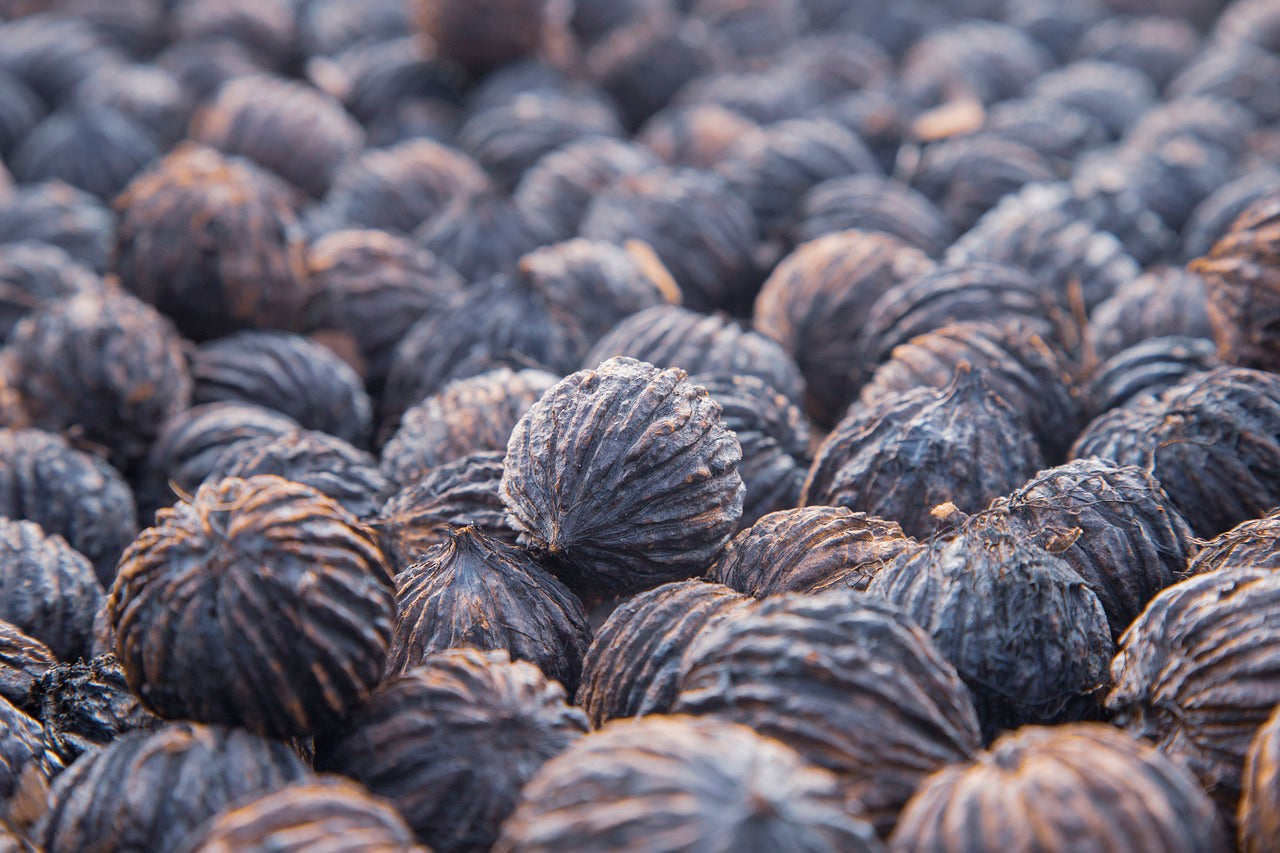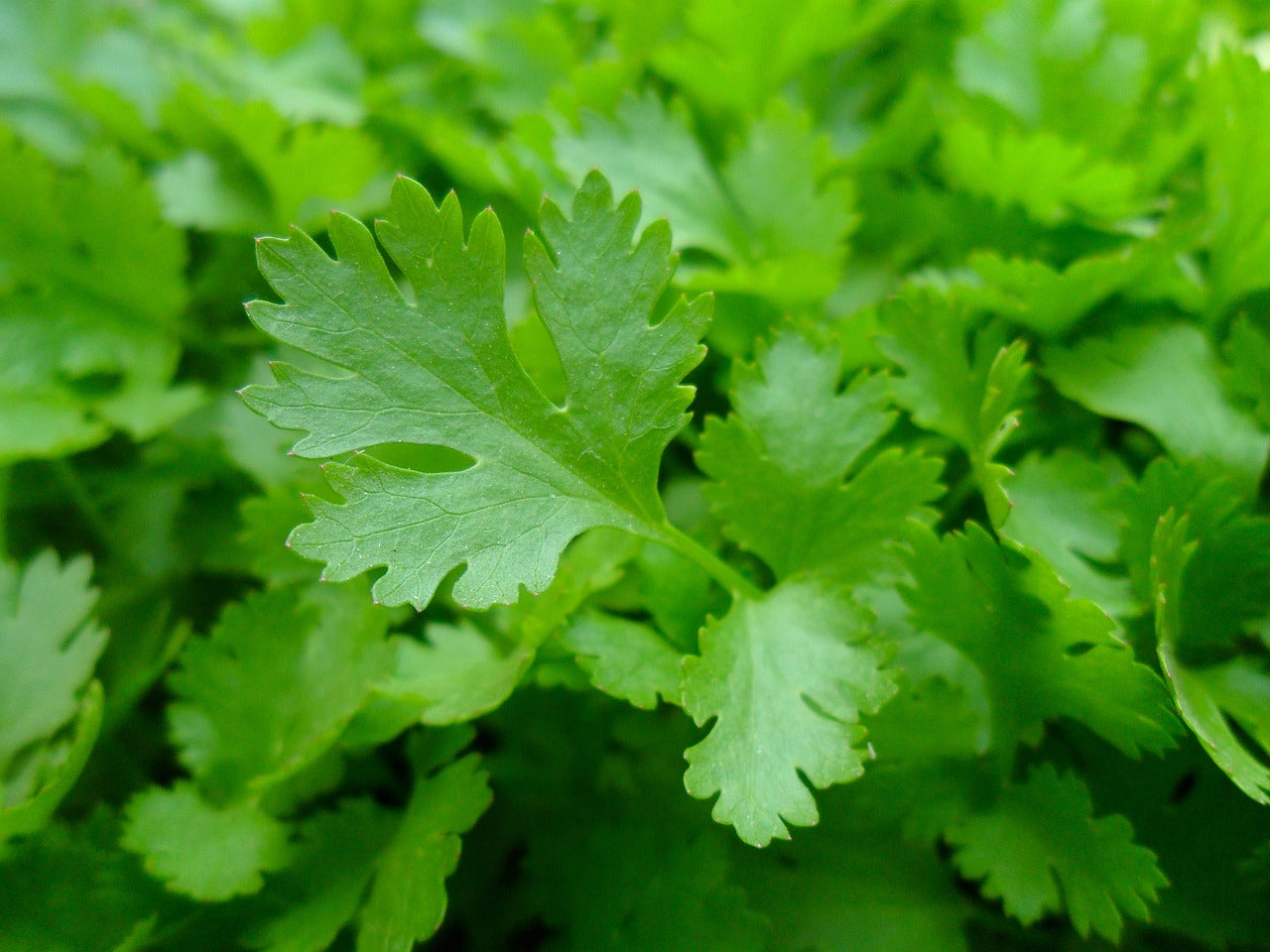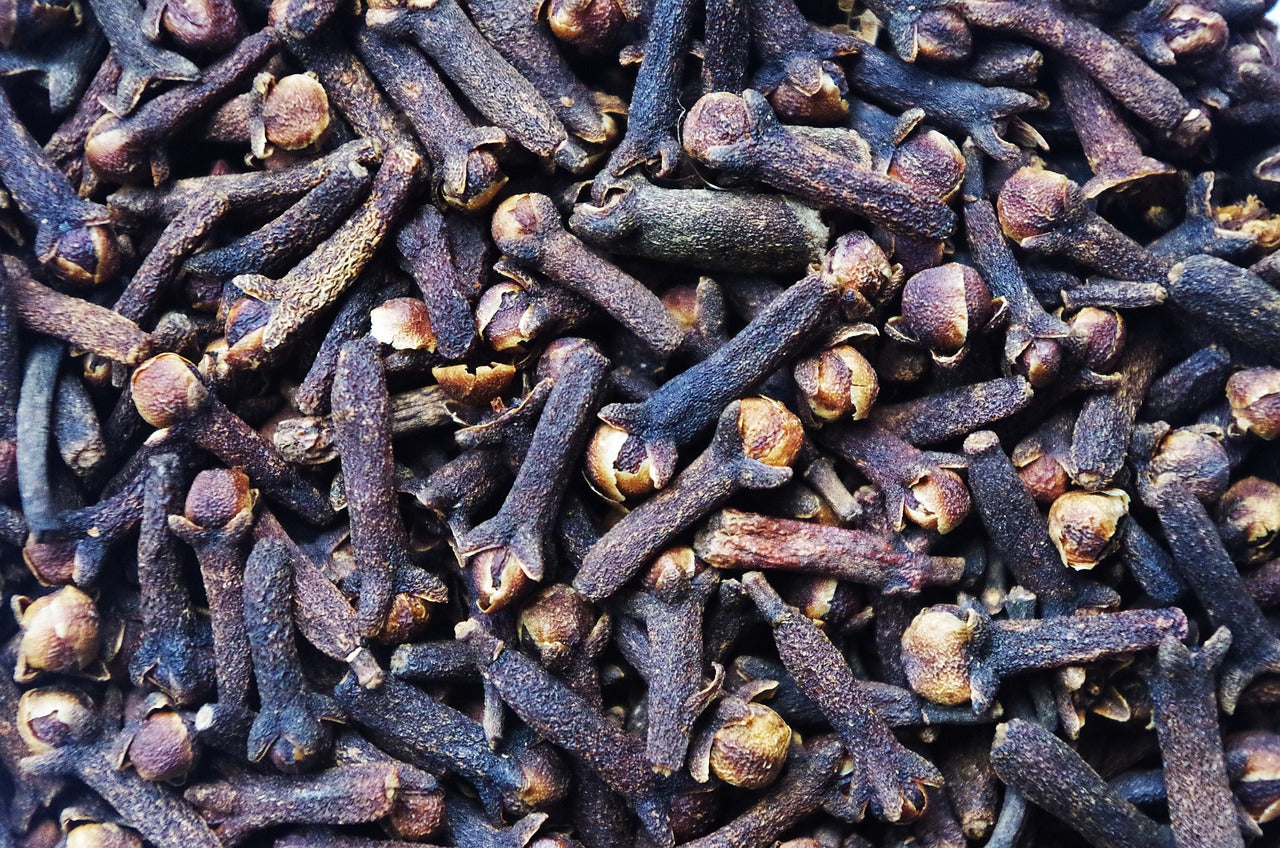Black walnuts, scientifically known as Juglans nigra, are a powerhouse of nutrition with a unique flavor and impressive health benefits. Native to North America, black walnuts have been used for centuries in traditional medicine and are now gaining recognition for their potential therapeutic properties. From promoting heart health to fighting parasites and offering antibacterial and antifungal benefits, black walnuts are a versatile and valuable addition to a healthy diet.
In this comprehensive guide, we will explore the numerous benefits of black walnuts, backed by scientific research. We will delve into their nutritional profile, discuss their potential uses, and highlight important safety precautions. Join us on this journey to discover the remarkable benefits that black walnuts can provide for your health and well-being.
Nutritional Powerhouse of Black Walnuts
Black walnuts are a nutrient-dense food, packed with essential vitamins, minerals, healthy fats, and antioxidants. A 1-ounce (28-gram) serving of black walnuts contains approximately:
- Calories: 170
- Protein: 7 grams
- Fat: 17 grams
- Carbohydrates: 3 grams
- Fiber: 2 grams
- Magnesium: 14% of the RDI
- Phosphorus: 14% of the RDI
- Potassium: 4% of the RDI
- Iron: 5% of the RDI
- Zinc: 6% of the RDI
- Copper: 19% of the RDI
- Manganese: 55% of the RDI
- Selenium: 7% of the RDI
Black walnuts are particularly rich in protein, healthy fats, and antioxidants. Protein plays a crucial role in weight loss, blood sugar control, and satiety. The healthy fats, including omega-3 fatty acids, provide numerous benefits for heart health and brain function. Antioxidants help protect against cellular damage caused by harmful free radicals, promoting overall well-being.
Promoting Heart Health
Consuming black walnuts may have a positive impact on heart health. The omega-3 fatty acids found in black walnuts, particularly alpha-linolenic acid (ALA), have been associated with a reduced risk of heart disease. These healthy fats help lower blood pressure and cholesterol levels, improving cardiovascular health.
Studies have shown that diets supplemented with walnuts, including black walnuts, can decrease LDL (bad) cholesterol levels and improve blood vessel function. Regular consumption of black walnuts may also reduce the risk of plaque buildup in the arteries, a major risk factor for heart disease.
Fighting Parasites and Expelling Worms
Black walnuts have long been recognized for their ability to expel parasites from the body. The active component responsible for this effect is juglone, found in the black walnut hull. Juglone inhibits certain enzymes required for the metabolism of parasites, making black walnuts an effective natural remedy for parasitic infections.
Research has shown that black walnuts are particularly effective against ringworm, tapeworm, pinworm, and other intestinal parasites. Incorporating black walnuts into your diet or using black walnut supplements can provide a natural and powerful solution for eliminating these harmful organisms from your body.
Antibacterial and Antifungal Properties
The hulls of black walnuts contain tannins, which possess potent antibacterial and antifungal properties. These natural compounds inhibit the growth of bacteria and fungi, making black walnuts a valuable resource for treating infections.
Studies have demonstrated that black walnut extracts can effectively combat bacterial strains such as Staphylococcus aureus, which is responsible for various infections. The antifungal activity of black walnut hulls has also been compared to commercially available antifungal agents, showing promising results.
Enhancing Skin Health
The astringent properties of black walnuts make them beneficial for promoting healthy skin. The tannins present in black walnuts tighten the epidermis and mucous membranes, providing relief from irritation. Black walnut extracts and powders have been used to treat various skin conditions, including viral warts, eczema, acne, psoriasis, and poison ivy.
Applying black walnut extracts topically can help soothe and heal the skin, providing relief from itchiness and inflammation. Incorporating black walnuts into your skincare routine can contribute to maintaining healthy and vibrant skin.
Potential Cancer-Fighting Properties
Black walnuts contain quinones, including juglone, which have been associated with anticancer activity. Juglone has been shown to induce cell death in colorectal cancer cells, making black walnuts a potential weapon against this deadly disease.
Other compounds found in black walnuts, such as flavonoids and polyphenols, have also demonstrated anticancer effects. These natural substances have been linked to the prevention and treatment of various types of cancers, including lung, breast, prostate, and colon cancer.
Incorporating Black Walnuts into Your Diet
Adding black walnuts to your diet is a simple and delicious way to reap their numerous health benefits. Here are some suggestions for incorporating black walnuts into your meals:
- Snack on a handful of black walnuts as a nutritious and satisfying snack.
- Sprinkle chopped black walnuts on top of salads or roasted vegetables for added texture and flavor.
- Use black walnuts in baking recipes, such as cookies, muffins, or bread, to enhance the taste and nutritional profile.
- Blend black walnuts into smoothies or sprinkle them on top of yogurt for a nutrient-packed breakfast or snack.
- Experiment with black walnut pesto or incorporate them into your favorite homemade granola recipe.
Remember to store black walnuts in a cool, dry place to maintain their freshness and flavor. They can also be refrigerated or frozen for longer shelf life.
Safety Precautions and Considerations
While black walnuts offer numerous health benefits, it's important to keep certain precautions in mind. Here are some key points to consider:
- Allergies: Individuals with nut or tree nut allergies should avoid consuming black walnuts or using black walnut supplements.
- Medications: Black walnut may interact with certain medications, so it's advisable to consult with your healthcare provider if you're taking any medications.
- Pregnancy and breastfeeding: There is insufficient research on the safety of black walnut supplements during pregnancy and breastfeeding. It's best to be on the safe side and avoid them during these periods.
- Excessive consumption: Like any food, moderation is key. Consuming excessive amounts of black walnuts may lead to undesirable effects, such as digestive issues.
Conclusion
Black walnuts are a nutritional powerhouse, offering a wide range of health benefits. From promoting heart health and fighting parasites to enhancing skin health and potentially fighting cancer, black walnuts are a versatile and valuable addition to your diet.
Their unique flavor and impressive nutrient profile make them a delicious and nutritious choice for snacks, meals, and desserts. However, it's important to use caution and consult with a healthcare professional, especially if you have any allergies or are taking medications.
Incorporate black walnuts into your diet today and experience the remarkable benefits they can provide for your overall health and well-being.



